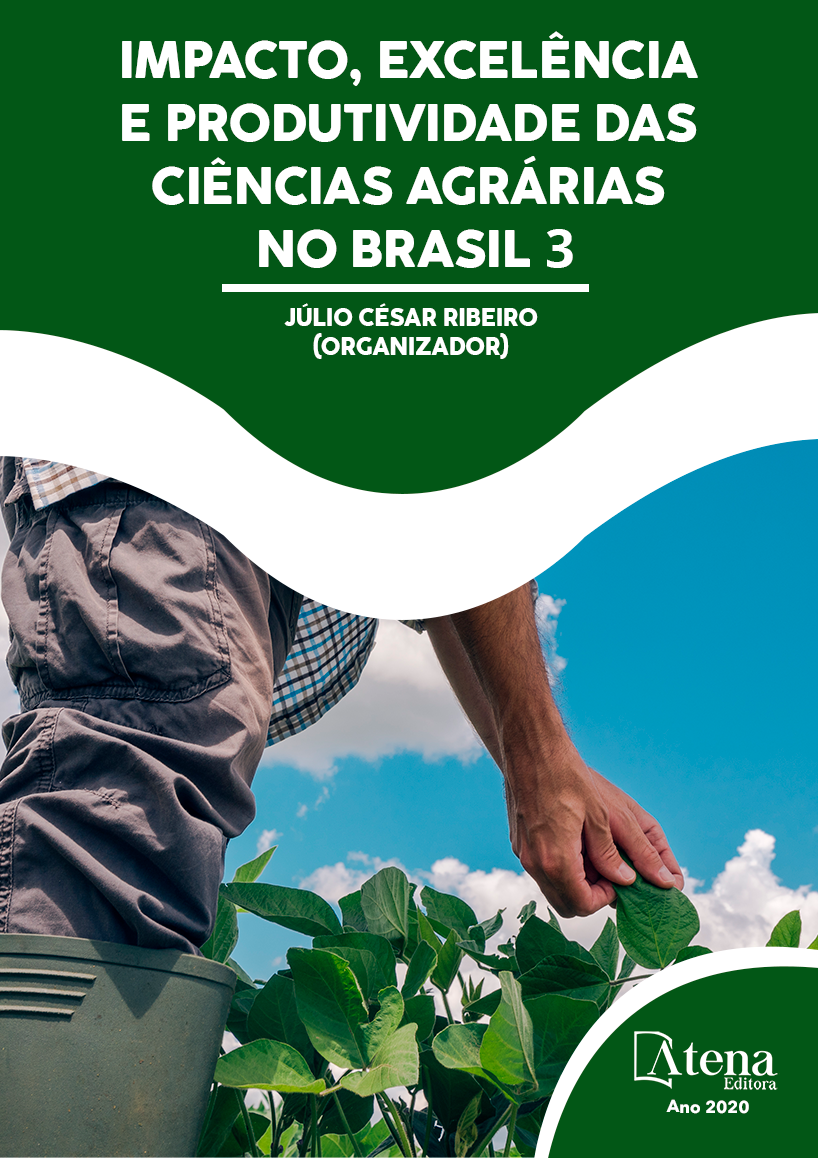
Desempenho agronômico e controle de plantas espontâneas no cultivo do pepineiro em sistema agroecológico
No sistema de cultivo agroecológico o uso de diferentes espécies de adubos verdes em cobertura possibilita a melhoria e a conservação do solo, o aumento da matéria orgânica, além de favorecer as culturas subsequentes. O objetivo deste estudo foi avaliar o efeito de diferentes coberturas de adubos verdes de inverno sobre a produtividade de pepino tipo conserva, em sistema agroecológico e a sua influência no controle de plantas espontâneas nas safras agrícolas 2013/14 e 2014/15. O experimento foi conduzido em blocos ao acaso com 5 tratamentos e 4 repetições. Tratamentos: Solo sem cobertura (testemunha); Aveia preta (Avena strigosa Schreb); Centeio (Secale cereale L.); Ervilhaca (Vicia sativa L.); Aveia preta (1/3) + Ervilhaca (1/3) + Centeio (1/3). A dose de composto orgânico foi à mesma em todos os tratamentos, calculada a partir do elemento N (200 kg ha-1). A utilização de adubos verdes de inverno não influenciou a produtividade da cultura do pepineiro para conserva em sistema agroecológico, possivelmente pela boa fertilidade inicial do solo e pelo uso de composto orgânico como adubação de base. O pré-plantio das coberturas de aveia preta e centeio apresentaram o melhor efeito supressor de plantas espontâneas em cultivo do pepineiro. O uso de consórcios de coberturas para a supressão de plantas espontâneas tem sua melhor eficiência quando o acamamento for realizado antes das espécies atingirem a maturidade fisiológica das sementes, evitando a ressemeadura.
Desempenho agronômico e controle de plantas espontâneas no cultivo do pepineiro em sistema agroecológico
-
DOI: 10.22533/at.ed.4902021056
-
Palavras-chave: Cucumis sativus L., adubos verdes, plantio direto de hortaliças, produtividade.
-
Keywords: Cucumis sativus L., green manures, no-tillage vegetables, productivity.
-
Abstract:
In the agroecological system the use of different species of green manures in cover makes enable the improvement and the conservation of the soil, the increase of the organic matter, besides favoring the subsequent cultures. The objective of this study was to evaluate the effect of different winter green manures on yield of pickling cucumber plants in an agroecological system and its influence on the germination of spontaneous plants during the cicles 2013/14 and 2014/15. The experiment was arranged in randomized block design with 5 treatments and 4 replicates. Treatments: Soil without cover (control); Avena strigosa Schreb.; Secale cereale L.; Ervilhaca Vicia sativa L.; A. strigosa (1/3) + V. sativa (1/3) + S. cereale (1/3). The dose of organic fertilizer was the same in all treatments, calculated from the N element (200 kg ha-1). The use of winter green manures did not influence the productivity of the pickling cucumber in agroecological system, possibly due to good initial soil fertility and the use of organic compost as fertilizer. Pre-planting of the A. strigosa and S. cereale cover presented the best suppressive effect of spontaneous plants in cucumber cultivation. The use of intercropping for the suppression of spontaneous plants has its best efficiency when the lodging is carried out before the species reach the physiological maturity of the seeds, avoiding the natural reseeding.
-
Número de páginas: 10
- Tatiana da Silva Duarte
- Albertina Radtke Wieth
- Cirio Parizotto


